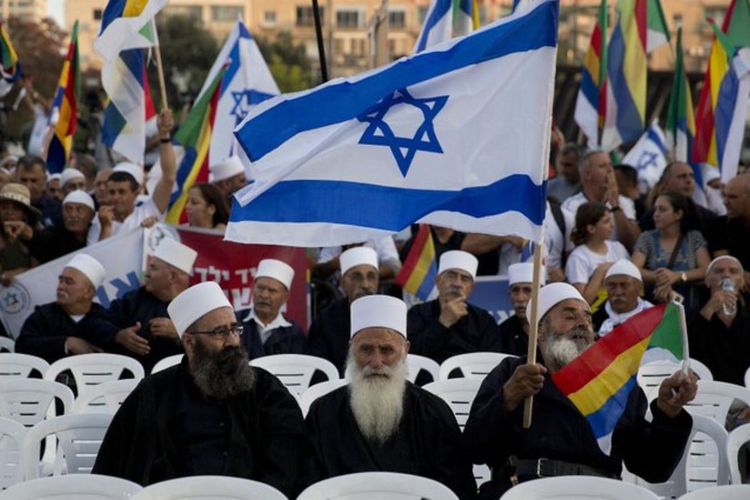Understanding the Druze Community: An Influential Minority in the Midst of the Syrian Conflict and Israeli Attacks

The Shiro Copr The resumption of armed conflict in southern Syria has placed the Druze community in the global spotlight. Israel claims its military intervention is aimed at protecting this minority group from threats posed by Islamic groups in the Sweida region.
However, the rocket attack that killed children in Majdal Shams, a Druze area in the occupied Golan Heights, intensified tensions and raised questions about the true motives behind the military action.
Then, who are the Druze community and why have they become a crucial point in the geopolitical dynamics of the Middle East?
Who is the Druze community?
According to Al Jazeera, the Druze are an Arab ethno-religious community that follows an esoteric religion originating from the Ismaili Shia branch in the 11th century.
Their teachings combine elements of Islam, Judaism, Christianity, as well as classical philosophy and Hinduism. They believe in reincarnation, absolute monotheism, and keep their religious practices secret.
According to a Reuters report, this community is spread across Syria, Lebanon, Jordan, Israel, and the Golan Heights. In Syria, they mainly live in the Sweida, Quneitra, and outskirts of Damascus regions, while in Israel, they inhabit the northern areas and the Golan, which has been occupied since 1967.
Druze Position in Regional Politics
Although their number is small, the political influence of the Druze is quite significant. In Israel, approximately 150,000 Druze are citizens, most of whom are loyal and even active in the military and police.
They are called "blood allies" by the Israeli government. However, more than 20,000 Druze in the Golan still identify as Syrian citizens and have cross-border family ties.
In Lebanon and Syria, Druze figures such as Walid Jumblatt and Sheikh Hikmat al-Hajari have a significant role.
Reuters reported that in recent developments, al-Hajari called for resistance against the Islamist government led by Syrian interim President Ahmed al-Sharaa. Sharaa himself, a former member of Al-Qaeda, claimed that Israel is trying to divide the Syrian people.
Tension and Israeli Military Interventions
According to Fox News, Israel launched an air strike on Syria on Wednesday (7/16) after reports of a massacre against Druze civilians by an Islamic group.
More than a thousand Israeli Druze youths are reported to have crossed the border to save their relatives in Syria. The IDF stated its commitment to a 'deep alliance' with the Druze community.
However, on the other hand, Al Jazeera revealed that a rocket attack hit a soccer field in Majdal Shams, Golan, killing 12 children and teenagers. Israel blamed Hezbollah, but the group denied Israel's accusations.
The situation is getting more complicated when the people of Majdal Shams refused the arrival of Israeli officials during the funeral and demanded that this tragedy not be politicized. "Many Druze people do not want to become fuel for any side's war," said a resident, quoted by Reuters.
The Druze are not just a minority community, but an important node in the regional conflicts of the Middle East.
Their divided loyalty among countries, long history of political involvement, and strategic geographical position make them a target for protection as well as a geopolitical instrument.
***
Comments
Post a Comment